
Diana Weber
Lawyer of international law
Rating:
24
December
Immigration to Slovenia for Permanent Residence
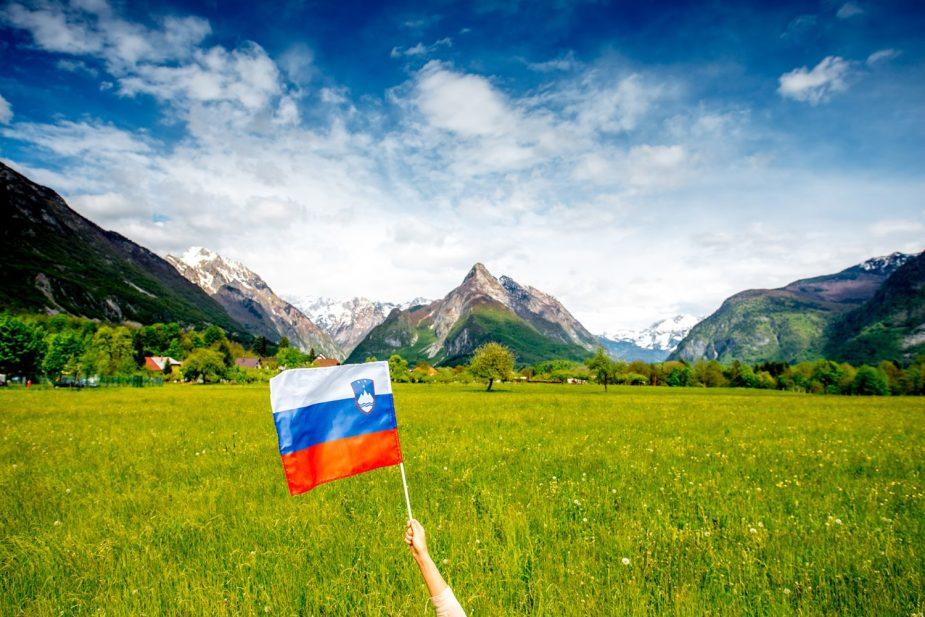
Permanent residence of Slovenia is a status of a permanent resident, which essentially equates a foreigner in rights with local citizens (with the exception of the ability to vote and run for elections to government bodies). With this document, the applicant can continuously reside in the country and subsequently naturalize, obtaining a local passport. The Republic of Slovenia is a member of the European Union, so immigrants with local permanent residence automatically acquire the status of permanent residents of the EU.
Permanent residence is granted to a foreigner 5 years after moving to Slovenia and receiving the first temporary residence permit, if he meets the legislative requirements for the applicant. Immigration gives the applicant the opportunity to stay indefinitely in an economically developed European country with access to the labor market, health care and education systems, conducting commercial activities. This article reveals ways to move and obtain Slovenian permanent residence, terms and cost of registration of status, conditions and other important aspects.
In 2025 the status of a Slovenian permanent resident gives to the applicant the following rights and opportunities:
When moving to Slovenia for permanent residence, an immigrant is obliged to comply with the norms of republican legislation, have a registered place of stay in the country and the ability to provide for himself.
To relocate to Slovenia with permanent residency, foreigners can obtain Slovenian passport through the repatriation program in as little as 8 months. Immigration lawyers assist in securing citizenship based on ancestry by assessing each client's profile and recommending suitable programs. To learn more, book a free consultation with Immigrantinlaw specialists.
To move from Russia or another country to Slovenia for permanent residence, the applicant must first arrange temporary residence in the republic, annually update the status, and after 5 years of continuous stay in the country, apply for permanent residence. The initial temporary residence permit is opened for applicants on the grounds listed in the local law “On Foreigners”:
Submit an application form and we'll get back to you!
To arrange a permanent residence in Slovenia, the applicant must previously stay in the state for 5 years as a temporary resident. The residence census is reduced to 24 months for family members of permanent residents of the republic. Permanent residence on an individual basis before the expiration of the five-year period can be granted to persons of Slovenian origin or in the interests of the states.
Only 50% of the time spent by the applicant in the country with a student temporary residence permit is counted towards the total period of residence. Seconded and transferred within the company employees cannot claim permanent residence: first they need to arrange a residence permit on another basis (for example, to get a job in the organization on a permanent basis). The period of the applicant’s absence in the state is not counted towards the period of stay in Slovenia, if the departure lasts more than half a year in a row or 9 months in total for all 5 years.
In addition to the condition of compliance with the residence census, to obtain a permanent residence, the applicant must meet the following requirements:
To move to Slovenia for permanent residency, foreigners can use the repatriation program to obtain an EU passport in around 8 months. Immigrantinlaw experts support clients in gaining citizenship based on ancestry and suggest the best programs. Get more information by signing up for a free consultation.
For immigration from Russia or some other country to Slovenia, the foreigner should pass through the next stages:
To move to Slovenia, a foreigner requests the status of a temporary resident based on the following dossier:
The basic package of documents is supplemented by the immigrant with confirmation of the right to register residence in Slovenia, for example, a certificate of enrollment in a university or a marriage certificate with a citizen of the republic. The request for a residence permit is submitted by a foreigner to the consulate or embassy of the state on the territory of the country of residence. The duration of the waiting period for providing a response to the petition is not regulated by law.
The status of a permanent resident of Slovenia has unlimited validity and does not require renewal. If necessary, the applicant only replaces the resident card itself - for example, if they move and register in another city. Slovenian permanent residence can be annulled if its owner receives a prison term of 3 years, becomes a participant in terrorist or other organizations threatening state security. A foreigner has the right to claim the status of a citizen of the republic on general terms of naturalization after 10 years of total legal residence in the country.
Foreign nationals can acquire passport in Slovenia through a simplified repatriation procedure. Experienced lawyers help with the documentation needed to gain citizenship by ancestry. For more details, schedule a free consultation with Immigrantinlaw.
For moving to Slovenia, a foreigner needs to start organizing the logistics of the route in advance, find a suitable place to live, determine the source of income. Persons immigrating to the republic with children can also find out in advance about free places in educational institutions and requirements for foreigners (for example, vaccination). The applicant should study the available options for moving to different cities, depending on their own qualifications for job search (if applicable) and requirements for the locality.
Immigration to Slovenia attracts residents of the post-Soviet space with a simple to learn and understandable to the ear state language of the Slavic group. Authorized government bodies organize free integration courses for foreigners - ZIP (Začetna integracija priseljencev). Applicants can listen to up to 180 academic hours, and after completing the training - receive a corresponding certificate. Immigrants can sign up for courses at the nearest administrative unit at the place of residence.
Social work centers in Slovenia provide financial support to local residents (including permanent residents) who find themselves in a difficult life situation. State funds allocate multi-purpose cash assistance, benefits for minor children, subsidies for paying for school meals, visiting a garden, medical services. The programs of the centers are aimed at simplifying the social integration of foreigners, mastering new professions and not only.
The unemployment rate in Slovenia is actively decreasing every month, and as of 2025, it is only 3,5%. The average monthly salary in the republic after tax deductions reaches 1300 EUR, with estimated expenses of about 750 EUR per person (excluding rent). The state produces a lot for export, has a developed light and heavy industry. There are many job vacancies in various fields, from trade to logistics, which are also available to immigrants.
Preschool education in Slovenia is represented by private and public kindergartens, it is not mandatory. Admission to the nursery starts from 11 months of age, and after 3 years, children move to the older group. Kindergartens in Slovenia are fully paid by parents (if immigrants are foreign taxpayers) or partially (a certain amount is covered by the municipality). School education in the republic is mandatory for every child aged 6 to 15 years, lasts an average of 9 years and is free of charge.
There are no special conditions for immigration to Slovenia for persons who are on pension provision. If the applicant receives the corresponding payments from the treasury of the republic, he has the opportunity to apply for local residence. Pensioners can move to Slovenia to close relatives, or use another legal basis for legalizing their stay.
Depending on the way of moving to Slovenia for permanent residence, a foreigner needs to buy tickets for air or ground transport, book tickets in hotels along the route (if applicable), rent or buy real estate for staying in the republic. Also, immigrants bear the costs of state fees, opening medical insurance, notary and translator services. Basic costs are presented in the table below.
| Expense item | Cost, € |
| Request for a residence permit | 13 |
| Permit for temporary residency | 102 |
| Resident card | 15,5 |
| Permanent residency | 90 |
| Notarization of the documents | from 15 per page |
| Transport tickets | individually |
| Rent of 1 bedroom apartment | 500–700 per month |
| Health insurance | 150–200 |
| Sworn translator services | from 12 (per page) |
Reviews of people who have moved to Slovenia inform about such advantages of staying in the republic as a high level of security and healthcare, affordable cost of food and other basic needs, social guarantees and assistance to immigrants in integration. According to Numbeo data, the individual quality of life index in the country is 169.72 points, which is equated to the assessment “very high”. Foreigners note the simplicity of learning the Slovenian language, the friendliness of the indigenous inhabitants, the variety of vacancies for employment.
Among the disadvantages of staying in Slovenia, foreigners attribute the high cost of real estate. The price per square meter when buying an apartment in the city center averages 3500 EUR. Many immigrants are not satisfied with the high cost of utilities (maintenance of a house of 85 m2 costs about 250 EUR per month), queues for a doctor’s appointment, and paid kindergartens.
Submit an application form and we'll get back to you!
According to the reviews of immigrants, it is worth moving to Slovenia for persons who have a permanent income of at least 1500 EUR per month or a qualification in demand in the republic. Foreigners often complain about the complexity of bureaucratic procedures: decisions on requests for granting resident status are made for months, and for naturalization in the state, you need to live at least 10 years. Businessmen are usually satisfied with a profit tax of 17% (lower than in Western European countries). However, for working people, there is a progressive taxation system (rate increase with increased profit), where income tax can reach 50% of the salary.
Life in Slovenia is characterized by a leisurely and measured rhythm: employees rarely stay at work, on Sunday all establishments (including grocery stores) are closed, and loud public incidents are rare for the republic. The country has a low crime rate and a high personal safety index, which is important for many immigrants. According to reviews, people wishing to find a job by profession should better move to a large city in Slovenia, for example, Bratislava, and freelancers and businessmen can settle in small settlements, where the infrastructure is also well developed.
To move to Slovenia for permanent residence, a foreigner can obtain a passport of the European Union state through a simplified repatriation procedure within 8 months. EU citizens have the opportunity to stay in the republic for an unlimited period of time and without additional bureaucratic requirements. To obtain a passport by roots, applicants can use professionals in the field of jurisprudence, who analyze the individual request of the client and recommend the best immigration programs. For details on quick and easy entry into the citizenship of an EU country, you can sign up for a free consultation with Immigrantinlaw international law specialists.
Get more information about the peculiarities of immigration to the EU at a free consultation
Immigration to the EU for Permanent Residence
12 December
Immigration to Europe, especially to EU countries, is a popular destination among foreigners who plan to live in a developed...
Immigration to Cyprus for Permanent Residency
7 February
Permanent residence in Cyprus is a status of permanent resident or long-term resident of the country. In general, it is...
Immigration to Sweden for Permanent Residence
24 October
Permanent residence in Sweden is a document of a foreigner, which gives him the right to permanently reside in the...
How to Get Сitizenship of Hungary
5 September
Hungarian citizenship is a link between a person and the country, enshrined in law, which is expressed in the mutual...
Permanent Residency in Denmark: How to Move and Start a New Life
17 February
Danish permanent residence permit is a document with which you can stay in the country for an unlimited period of...
How to Get Danish Citizenship and Passport in 2025: A Complete Guide
21 February
Denmark is a developed Scandinavian country with a high standard of living, a stable economy, and one of the world's...
Discover
new opportunities
with a European Union passport!
Submit the application form and we will call you back!
Leave a request
Contacts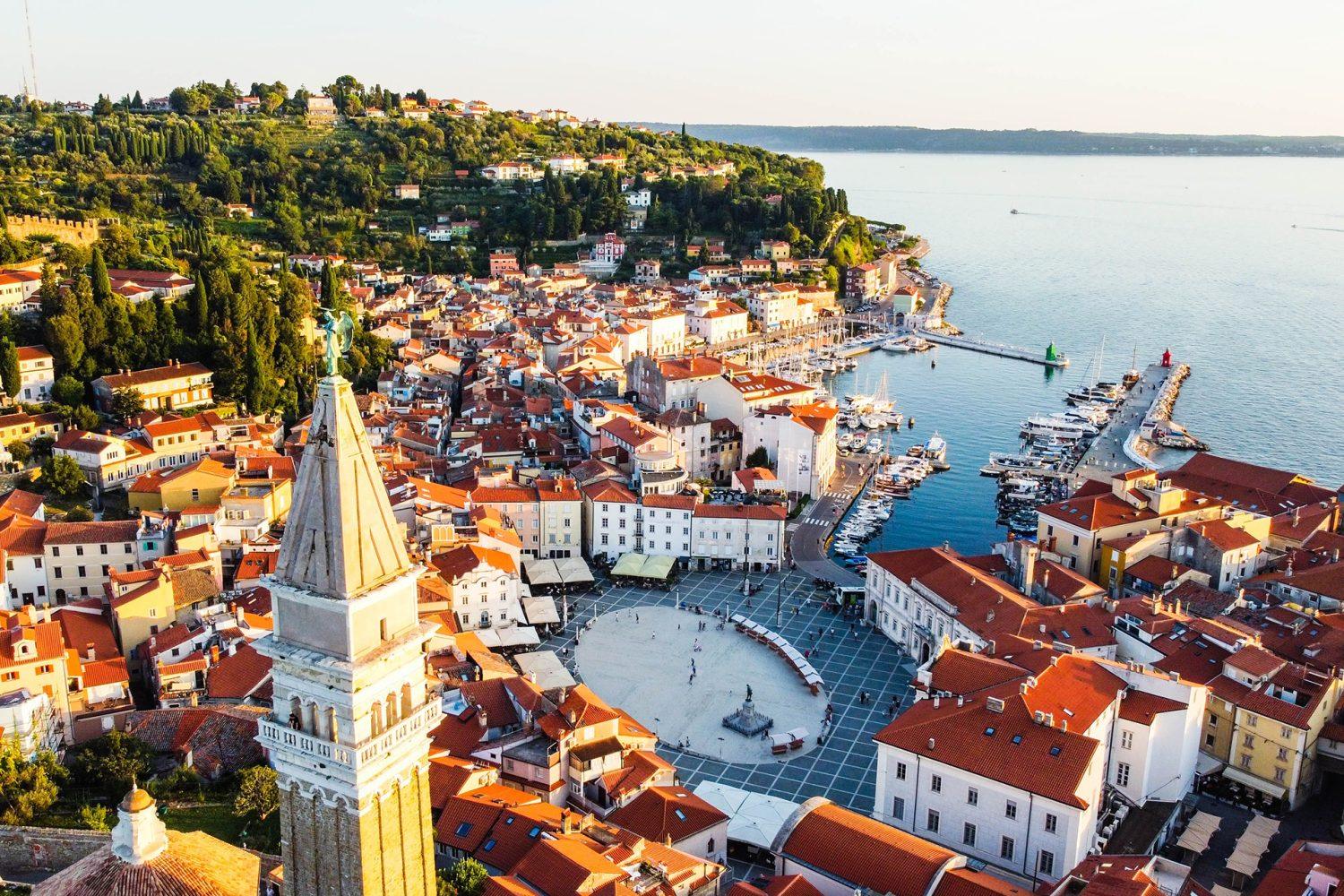
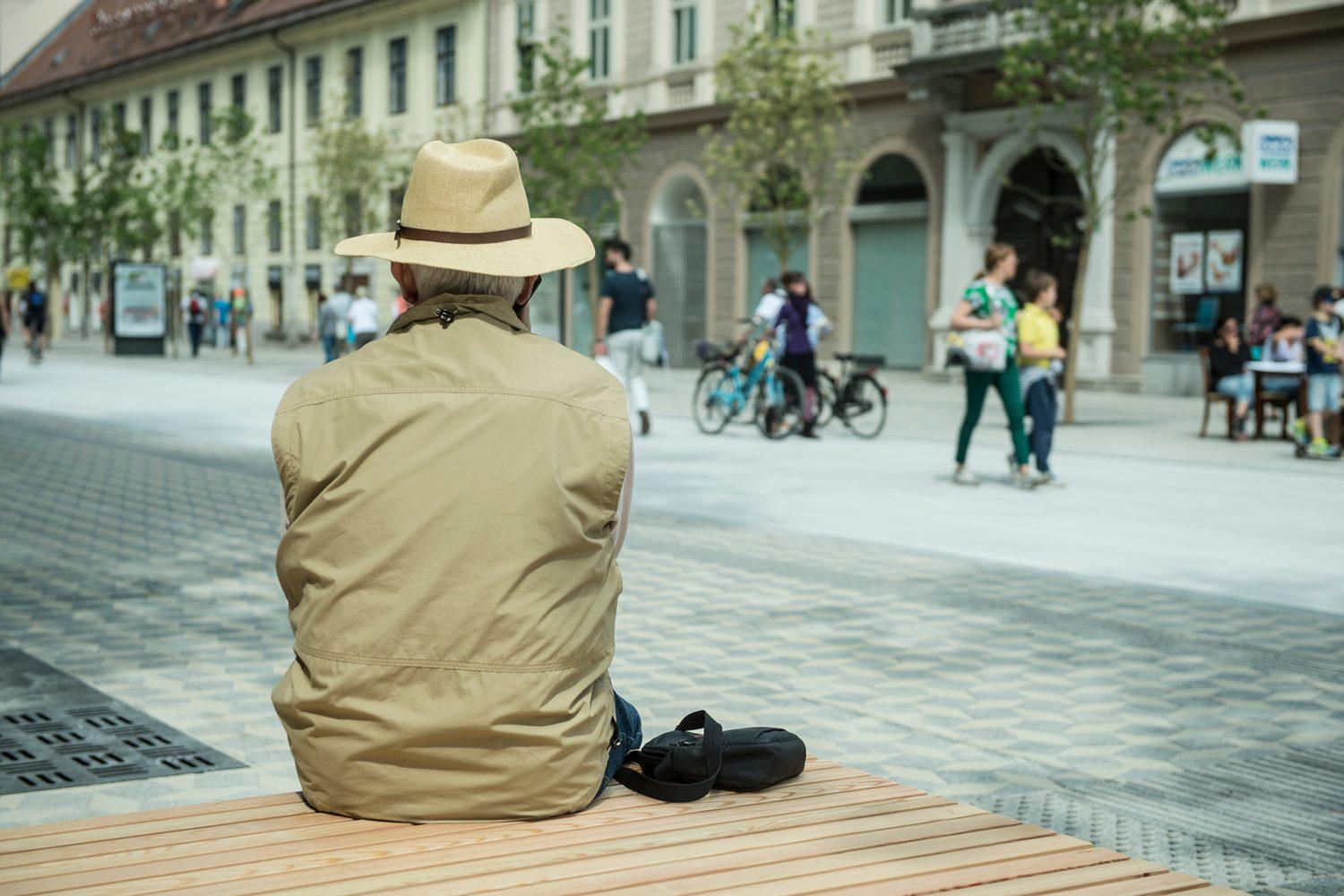


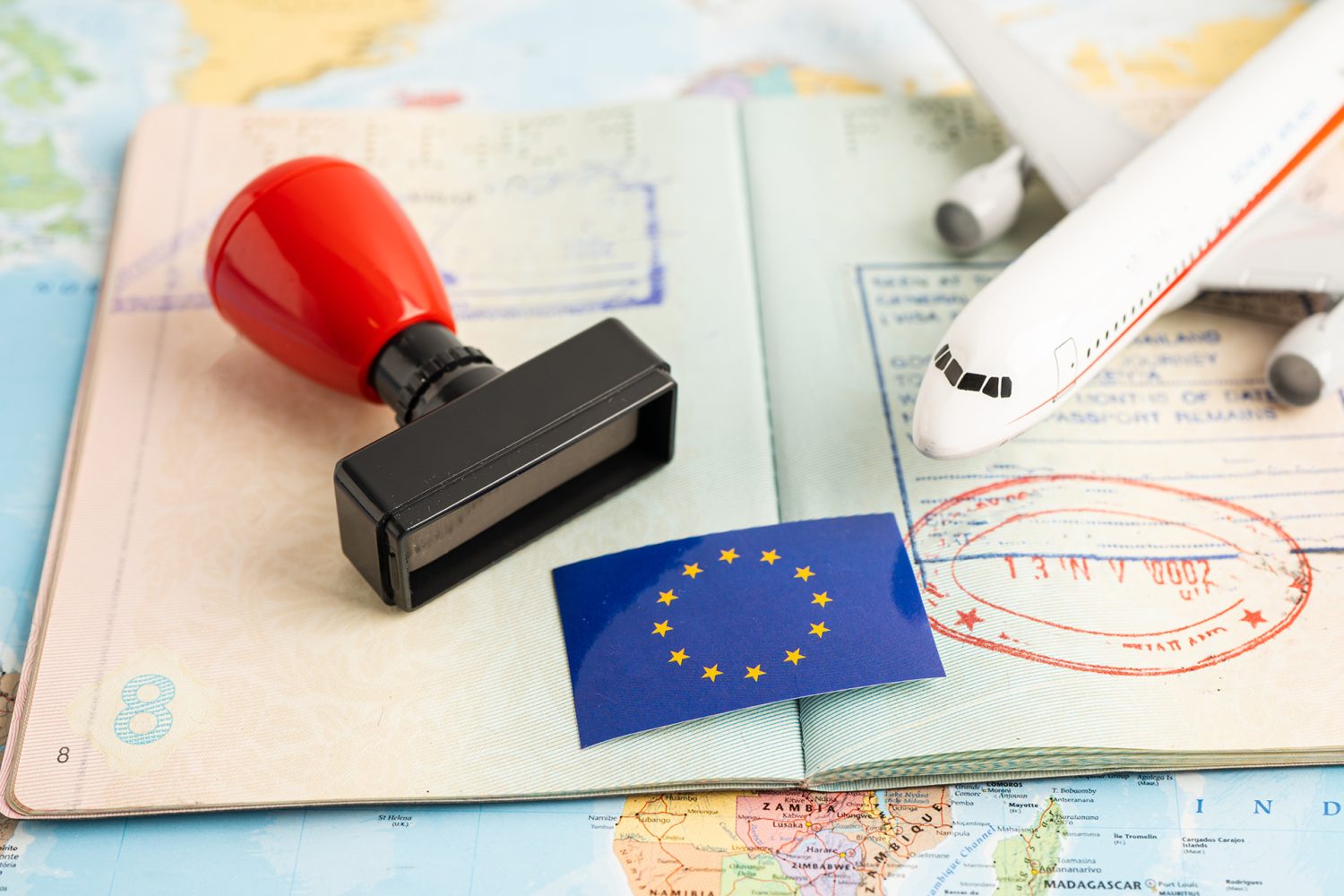
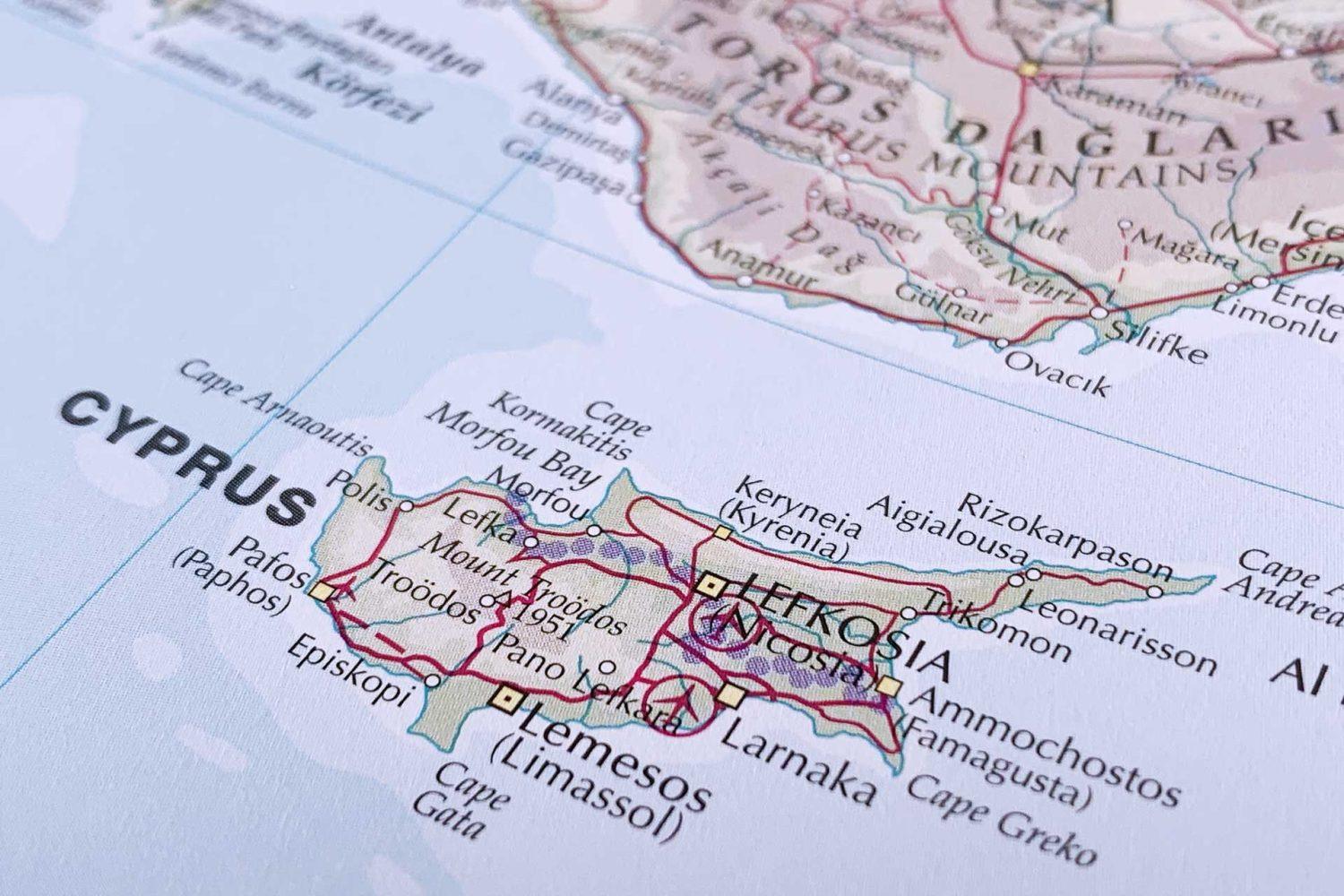
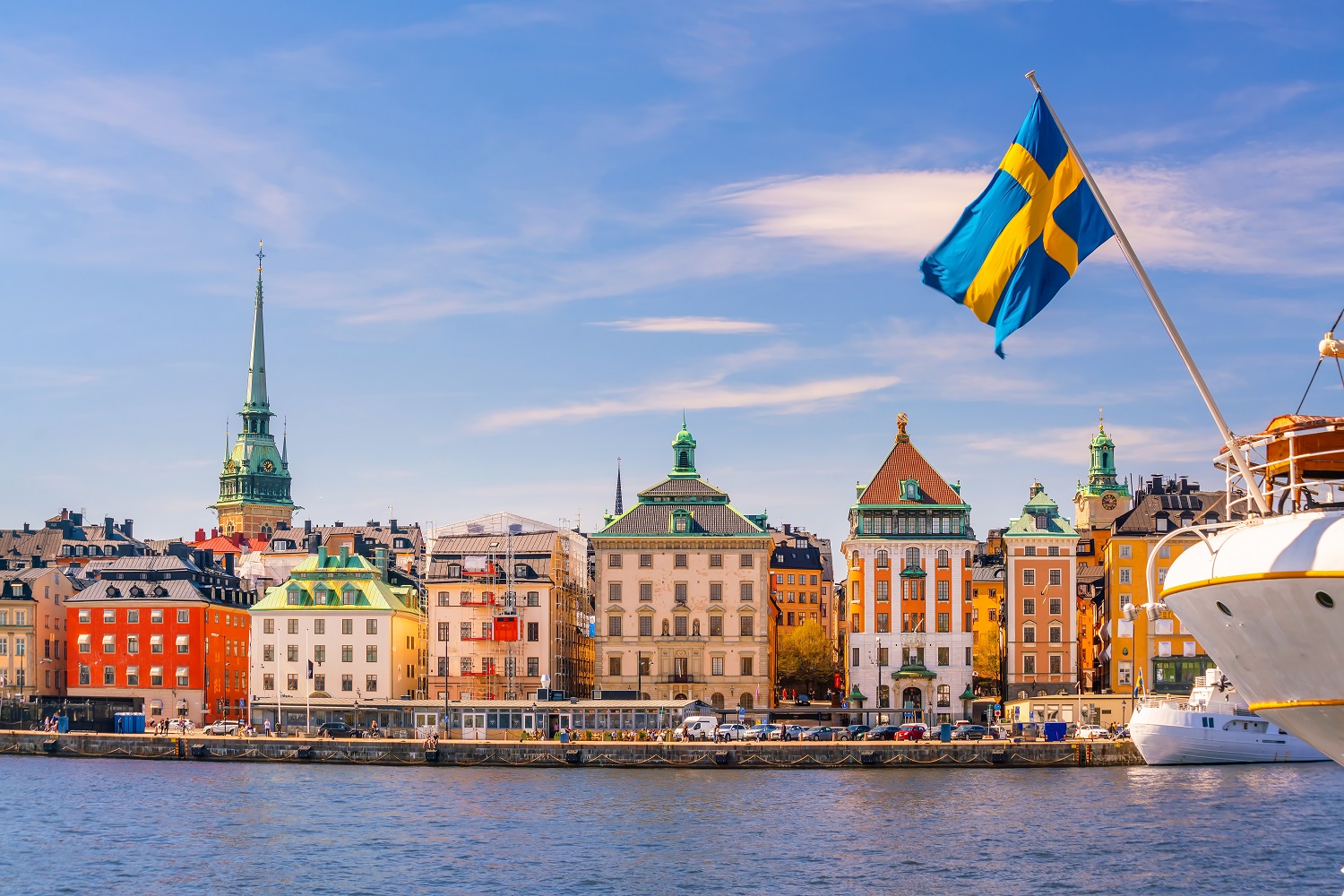
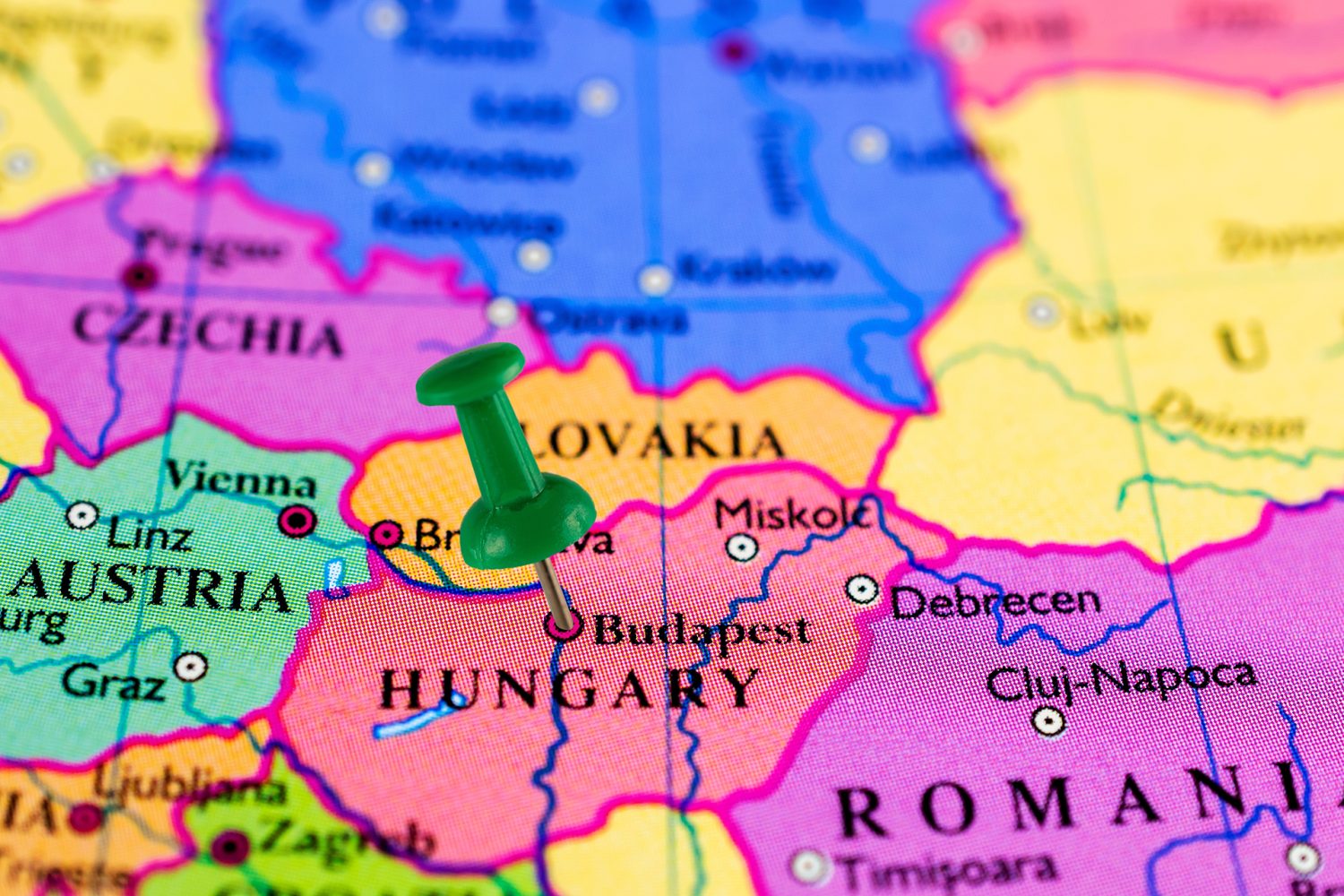

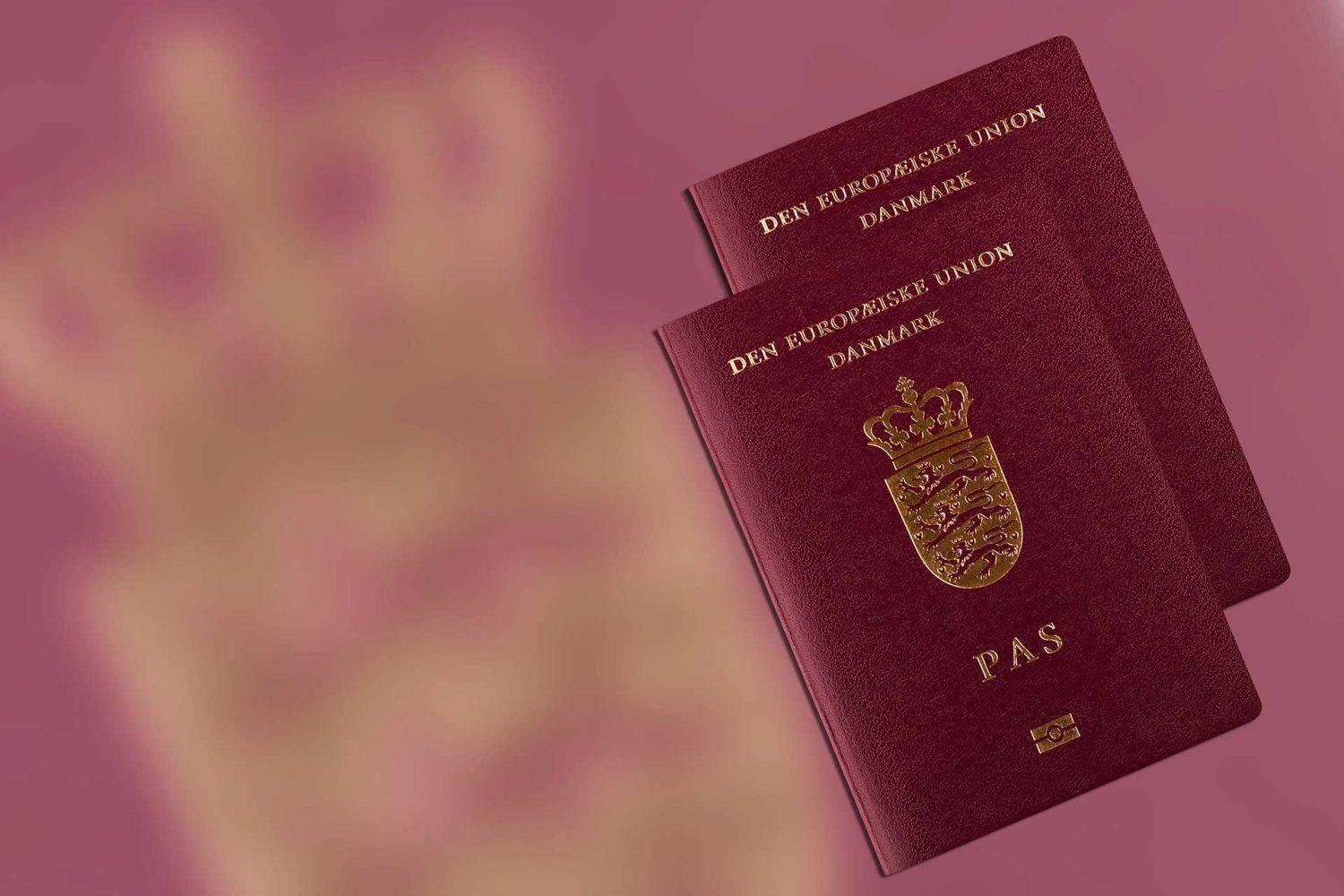

Axel Frost
Hello! I’ve been living in Slovenia with temporary residence permits for over 5 years. Can I now apply for permanent residence?
Diana Weber
Hello! Yes, after 5 continuous years of legal residence, you may apply for permanent residence under the Foreigners Act (Zakon o tujcih). But many applicants are unaware that not all years count equally. For example, time spent on a student visa is only counted as half, unless you later switch to work-based residence. You must also prove financial self-sufficiency, health insurance, and integration, including basic Slovenian language skills. So it’s not purely about the calendar — it’s about your legal and social footprint.
AYAJ JAMADAR
Please send me details of requirements in form of documents to migrate from India.I am a health and education counsellor.
Diana Weber
Hello! If you’re looking for tailored advice on migrating to the EU as a health and education counsellor, I recommend consulting directly with an immigration specialist. You can leave a request in a consultation form on our websites for more precise assistance based on your qualifications and destination country.